
North Carolina capitol building in Raleigh.
Lawmakers in North Carolina are advancing a bill that would eliminate restrictions on disposing TVs and computer equipment.
 Associate Editor Jared Paben has worked for Resource Recycling since December 2014. Most of his earlier career was spent as a reporter for the daily newspaper in Bellingham, Wash., but he also has experience working for the Oregon volunteerism commission and for Oregon nonprofits serving low-income populations. He can be contacted at [email protected].
Associate Editor Jared Paben has worked for Resource Recycling since December 2014. Most of his earlier career was spent as a reporter for the daily newspaper in Bellingham, Wash., but he also has experience working for the Oregon volunteerism commission and for Oregon nonprofits serving low-income populations. He can be contacted at [email protected].
North Carolina capitol building in Raleigh.
Lawmakers in North Carolina are advancing a bill that would eliminate restrictions on disposing TVs and computer equipment.

Cincinnati, Ohio
Cincinnati will serve as the next site of the U.S. Chamber of Commerce Foundation’s project to help boost recycling rates.
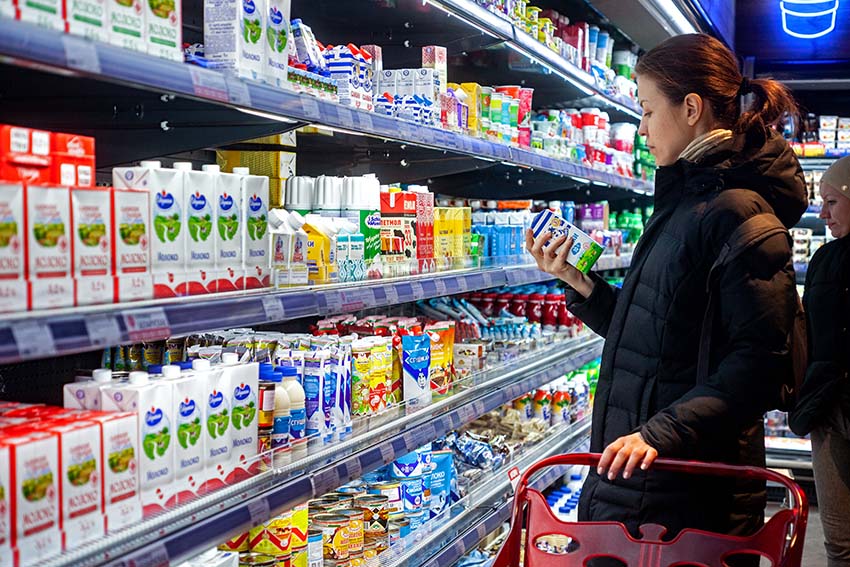 If a brand owner puts a “not recyclable” label on its packaging, consumers are likely to appreciate the honesty rather than frown on that company, survey results suggest.
If a brand owner puts a “not recyclable” label on its packaging, consumers are likely to appreciate the honesty rather than frown on that company, survey results suggest.
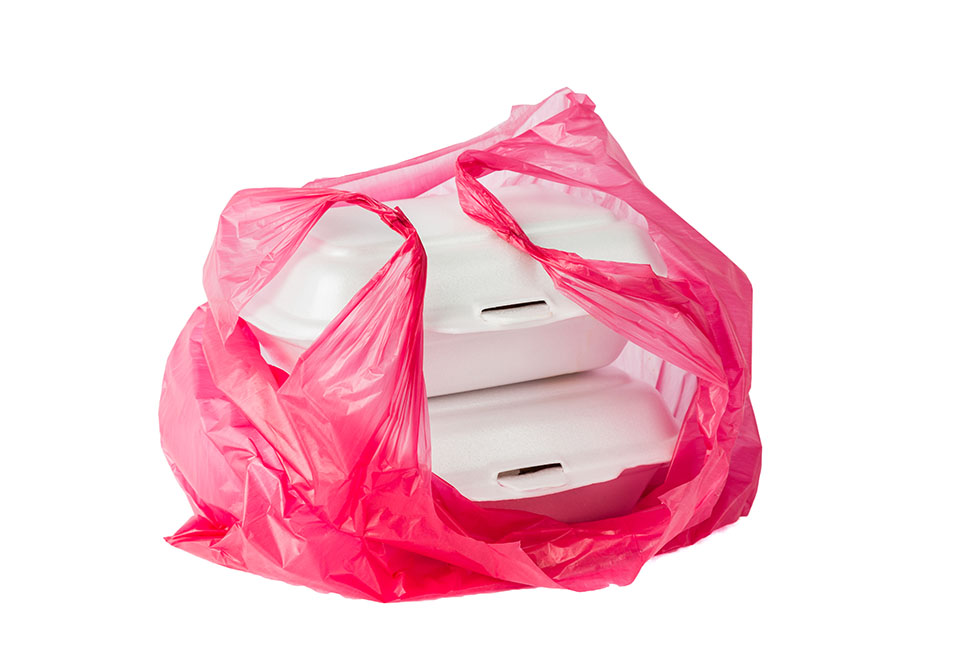 With an overwhelming number of votes in favor, Vermont lawmakers have sent the governor a bill banning plastic bags, expanded polystyrene food service containers and plastic stir sticks.
With an overwhelming number of votes in favor, Vermont lawmakers have sent the governor a bill banning plastic bags, expanded polystyrene food service containers and plastic stir sticks.
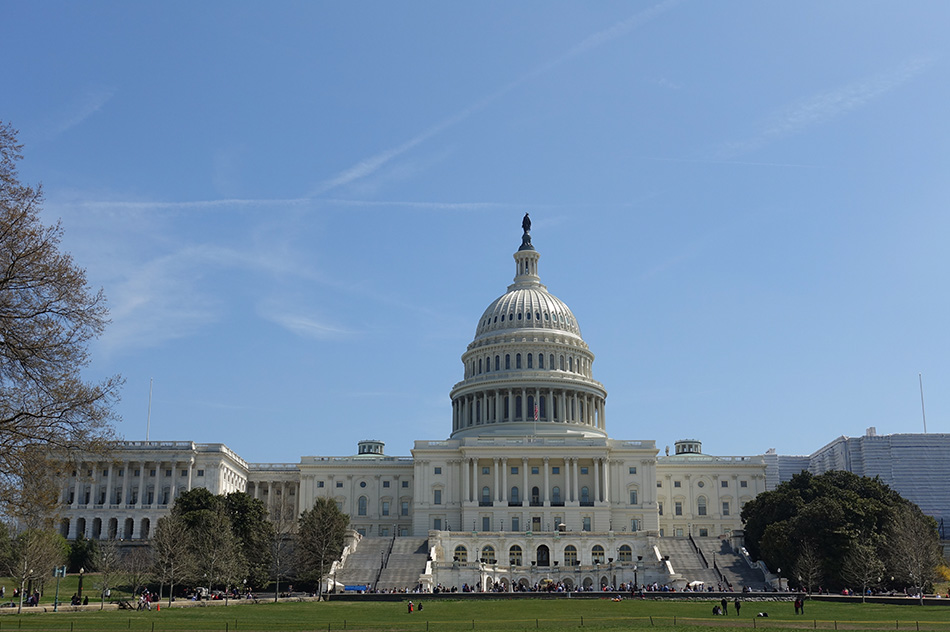 A funding bill advancing in Congress directs the U.S. EPA to develop a national recycling strategy addressing harmonized labeling, public education and other factors.
A funding bill advancing in Congress directs the U.S. EPA to develop a national recycling strategy addressing harmonized labeling, public education and other factors.
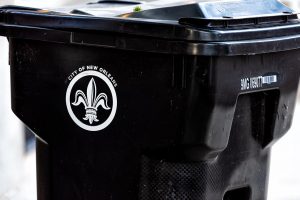 Many recycling programs have been struggling to find economic stability, and in some cases, they’ve slimmed down to survive. Here are recent examples of adjustments in three communities of varying size.
Many recycling programs have been struggling to find economic stability, and in some cases, they’ve slimmed down to survive. Here are recent examples of adjustments in three communities of varying size.

The Colorado capitol building in Denver.
Colorado lawmakers have passed a bill raising landfill taxes and using the money to award waste diversion grants.

Louie Pellegrini
Programs on opposite coasts enjoyed bale quality benefits after switching from single- to dual-stream collection, two experts noted. But an industry group leader suggested education may have been a key driver.
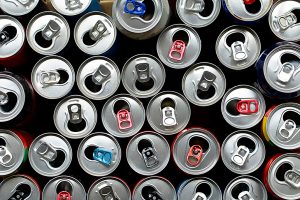
Lower scrap aluminum prices helped improve profitability for aluminum rolling and recycling company Novelis last year.
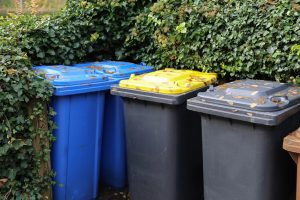 By charging fees, Casella Waste Systems enjoyed year-over-year boosts in recycling revenue during the first quarter. The move blunted persistent market pain that’s been keenly felt by the company’s peers.
By charging fees, Casella Waste Systems enjoyed year-over-year boosts in recycling revenue during the first quarter. The move blunted persistent market pain that’s been keenly felt by the company’s peers.

